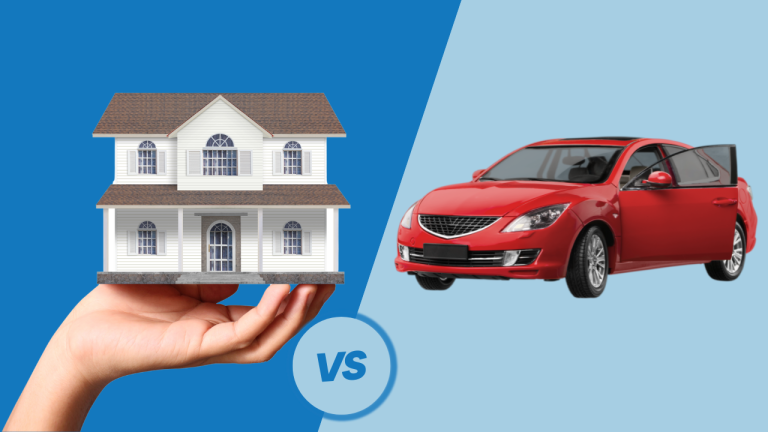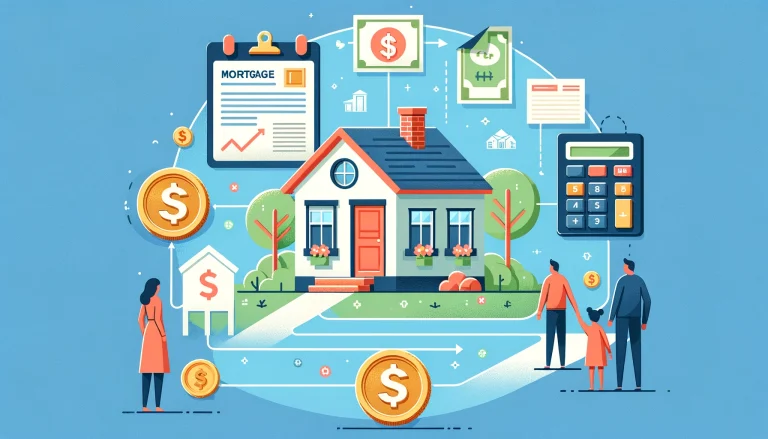Choosing between conventional loan vs FHA loan is one of the major decisions a first-time homebuyer will face. Most people cannot purchase a house with a one-time cash payment, so home loans are often the staple option. Yet, they must choose from these two types of loans carefully or risk harming their finances.
It can be difficult to compare FHA and conventional mortgages because the terms and conditions can be intimidating. Fortunately, you found a great guide that can help you select the right type of mortgage for your new home! What’s more, you have so many other things to think about as a home buyer, such as your budget.
We will first have to define what conventional and FHA loans are. After that, I will list the requirements for each type to compare conventional loan vs FHA mortgage. Then, I’ll show you which type is best for certain situations. I’ll also throw in some tips on preparing for your next home purchase.
What is a conventional loan?

The mortgages that are not included in any government programs are called conventional loans. There are two types: conforming and non-conforming.
The government sets the maximum loan amounts for conforming loans. Moreover, they follow the requirements set by the federally-backed mortgage firms Fannie Mae and Freddie Mac.
Conventional loan amounts must be $484,350 or less in most counties. The conventional jumbo loans start from $484,350 up to the county limit.
On the other hand, non-conforming loans may have different features, pricing, and requirements. The jumbo versions range from $1 million to $2 million.
It’s harder to qualify for a conventional mortgage because they’re not government-backed. In other words, you will have to meet higher standards, like a high credit score.
What’s more, you must pay private mortgage insurance (PMI) if you can’t submit a 20% down payment. Your lender must remove PMI once your loan payments reach 78% of home equity.
The upside is that they usually cost less than the government-backed options. You could find a conventional loan that only requires a 3% down payment, but it’s usually 5% to 20%.
What is an FHA loan?
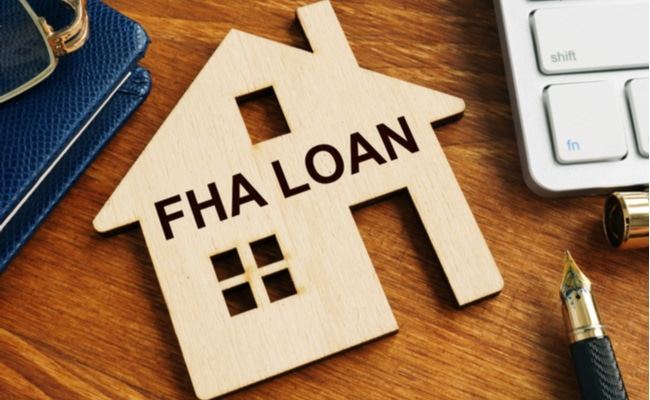
Let’s now turn to the conventional loan’s polar opposite, the FHA loan. The acronym stands for Federal Housing Administration, and these are the loans supported by the government.
This mortgage program was made to help Americans afford new homes years ago. That’s why it’s easier to qualify for an FHA loan than the conventional ones.
For example, FHA loans have a lower minimum requirement for credit scores so that more people could qualify. However, they have two types of FHA mortgage insurance premiums (MIP):
- An upfront MIP is 1.75% of the home loan’s base amount.
- The annual MIP that’s around 0.45% to 1.05% of the loan amount.
You will have to pay the MIPs for the loan’s entire life if your down payment is below 10%. If you paid a larger amount, you might be able to cancel the insurance after 11 years.
FHA loans limit borrowers from using their homes as investments. That’s why borrowers can only use FHA homes on their primary residence for a year.
This prevents them from buying too many and leaving fewer options for others. Even though these loans seem convenient, you must still weigh your conventional loan vs FHA loan options.
Read more: The Housing Market During The COVID-19 Pandemic
Conventional loan vs FHA mortgage
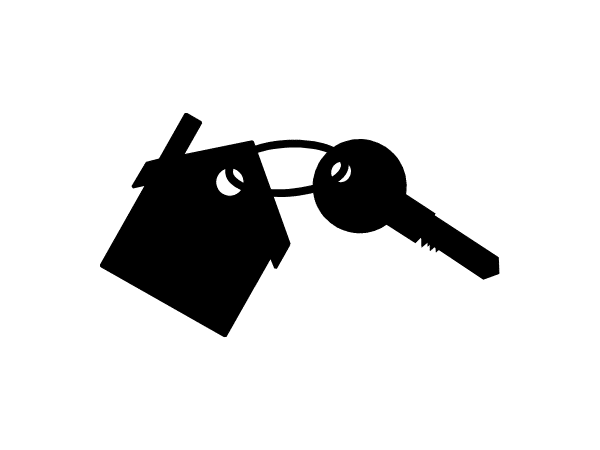
Now, I’ll show more details about the differences between FHA loans and conventional ones. Let’s start with the qualities of an FHA loan:
- It requires a minimum credit score of 500 or 580.
- You’ll have to pay a 3.5% down payment if your credit rating reaches 580. If it’s 500 or lower, you must pay 10% upfront.
- If you can’t provide a 20% down payment, your loan will include private mortgage insurance.
- You will have to pay an upfront mortgage insurance premium of 1.75%. What’s more, you will have a yearly MIP of 0.45% to 1.05%.
- The home loan limit is $420,680, but it’s $970,680 for a one-unit property. Note that this will depend on your location.
- The debt-to-income ratio for FHA loans is 50%.
As I said, it’s usually easier to qualify for FHA mortgages than conventional ones. The downside is that you will have to meet stricter requirements.
The debt-to-income ratio is one of the many factors that lenders check. It compares your current unpaid balances with your income, so lenders can gauge how likely you will pay them back.
FHA loans are also more lenient with DTI ratios. You may qualify even if you have a 50% DTI ratio, but conventional loans range from 36% to 45%. Let’s see the qualities of conventional loans:
- Borrowers should have a minimum credit rating of 620.
- The minimum down payment for FHA loans may reach as low as 3%, but you will more often see 5% to 20%.
- You will have to pay private mortgage insurance if you can’t provide a 20% down payment. Once your payments reach 78% of the home equity, you may cancel the PMI.
- The conventional loan limit ranged from $647,200 to $970,800 for a one-unit property, depending on the location.
- The debt-to-income ratio usually goes from 36% to 45%.
When is a conventional loan a good idea?
- Your credit score is 620 or higher, but lenders may differ.
- The FHA won’t give you a loan if you use it on a home that doesn’t pass its standards. You might have better chances with a conventional loan, though.
- If you can put down a 20% down payment, this might be a good idea because it lets you avoid paying PMI.
- A conventional loan is also great if you want to buy a second home. Unlike FHA mortgages, you can use them for a vacation home or an investment property.
- It’s a good option if you’re planning to stay in that house for a long time. Pay the 20% down payment, and you’ll only have to deal with a low-interest rate while living there.
When is an FHA loan a good idea?
- FHA loans are a good idea if you have poor credit. As we discussed, they were made to help more Americans afford a home, so it welcomes those with bad credit scores.
- If your debt-to-income ratio is 50% or below, you might want to try FHA mortgages.
- It’s also a great choice if you only need a small loan. FHA mortgages are usually set at 65% of the national conforming loan limit.
- FHA loans are probably enough if it is for your primary residence.
What should I do before buying a home?
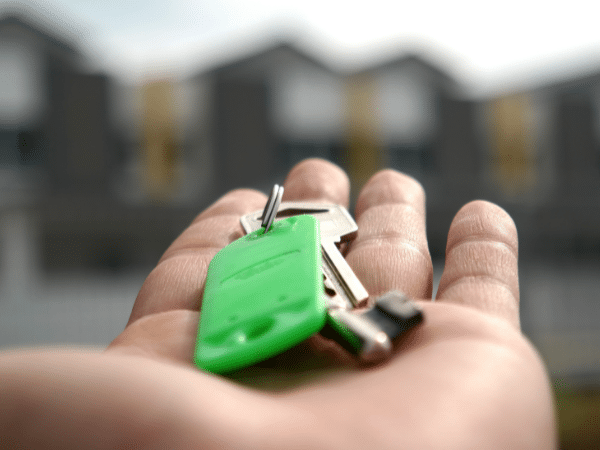
After comparing conventional loans vs FHA loans, you must check other factors. For example, the COVID-19 pandemic was still raging at the time of writing.
It might still be ongoing while you’re reading this. If that’s the case, you’ll have to consider it when purchasing a new house.
Expect certain difficulties, such as struggling to find homes for sale. Many people bought them as investments, and you will risk catching the coronavirus while checking homes.
If you proceed, follow the related public health guidelines. Let’s say you’ve found a good property. Prepare for tougher procedures in securing the purchase.
You’re probably tired of talking about it by now, but COVID affects many parts of our lives. Fortunately, even the pandemic has a silver lining for home buyers.
For example, secondhand homes are easier to find and buy as more people sell them. The federal funds rate was 0.08% at writing, so mortgage interest rates are lower.
What’s more, you must plan your ideal home, so you can easily find what you want on the market. Here are the qualities you should check in your chosen house:
- Property size
- Location
- Appliances
- Budget
- Length of stay
- Credit score
How can I improve my credit score?
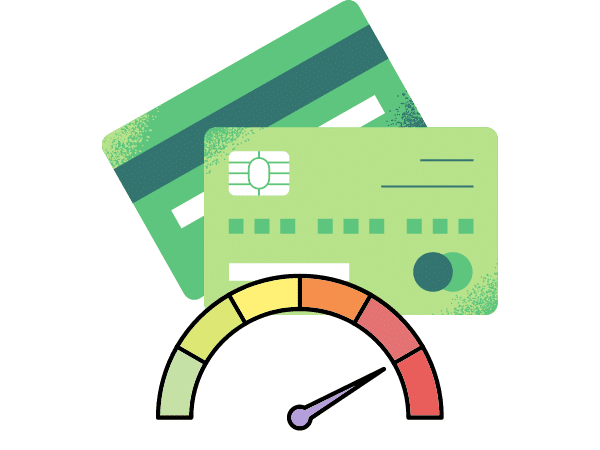
As you’ve seen, home loans have different credit score requirements. This means you must have good credit to buy a home. If you have bad credit, here’s what you can do:
- Pay debts on time – Payment history is 35% of your credit score, and late payments bring that number down. Submitting them on time increases it.
- Earn more – You might want to get a side gig or sell unused items to help you get rid of debts. It may also help you save for your new home.
- Spend less – Avoid buying things you don’t need, so you’ll have more money for debt payments.
- Try debt consolidation – If you have too much debt, you could combine them into one that has a lower interest rate. This may help you pay it away.
Besides improving your credit score, having fewer debts helps you reduce the debt-to-income ratio. Whether you choose between conventional loans vs FHA loans, it’s best to have low DTI.
Related Articles
Final thoughts
That’s all you need to know about the differences between conventional loans vs FHA loans. Note that different states and counties may have additional rules for home loans.
That’s why you should check your local government for guidelines specific to your area. Also, check other factors that could affect your purchase, such as the COVID-19 pandemic.
You should also look for a good real estate agent to help you. These professionals can help you find a new house easier, and they could assist with your home purchase.







